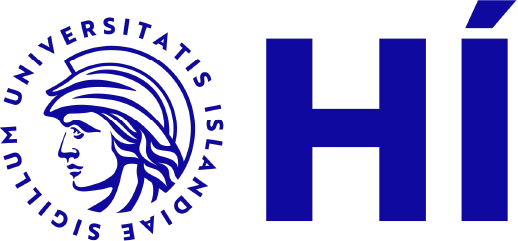Throughout the world, persons with intellectual disabilities (ID) are excluded from many areas of life, often segregated in specialised systems, including special schools, sheltered work environments, and congregate living facilities. These arrangements adversely affect their learning opportunities and hurt their adult opportunities and quality of life. Inclusive Post-Secondary Education (IPSE) for individuals with ID, which are programmes housed in traditional colleges and universities, is a relatively new practice that holds much promise for improved adult outcomes. However, only some IPSE programmes exist for European young adults with ID. This suggests a need and an opportunity to increase these programmes significantly. This is the primary objective of the proposed project.
Before applying to this project, nine IPSE programmes were identified in five European countries. Seven of those institutions participated in the application process. All the partners have significant experience and competence in operating IPSE programmes at their universities, and each of them has demonstrated unique strengths in critical areas.
Objectives
By implementing this project, we wanted to increase the access of persons with intellectual disabilities (ID) to IPSE programmes throughout Europe. In addition, we wanted to develop fully inclusive programmes for persons with ID in current and future IPSE programmes and enhance IPSE programmes to focus on employment outcomes for persons with ID in self-determined career areas.
Another goal was to develop instruction for IPSE staff and student volunteers to improve their knowledge of strategies promoting inclusion and self-determination for persons with ID. Finally, developing and disseminating quality indicators for IPSE programmes to colleges and universities throughout Europe was also one of our main objectives. To achieve those goals, we developed the following products:
- IPSE Curriculum Framework: IPSE programmes offer a range of curriculum options, but no standard curriculum was broadly implemented to improve programmes‘ quality.
- Strategic Inclusive Information Training Module for professional staff and college students- IPSE knowledge center, which consists of a web-based resource for programmes, students and families.
- IPSE conferences to encourage European universities to develop IPSE programmes.





